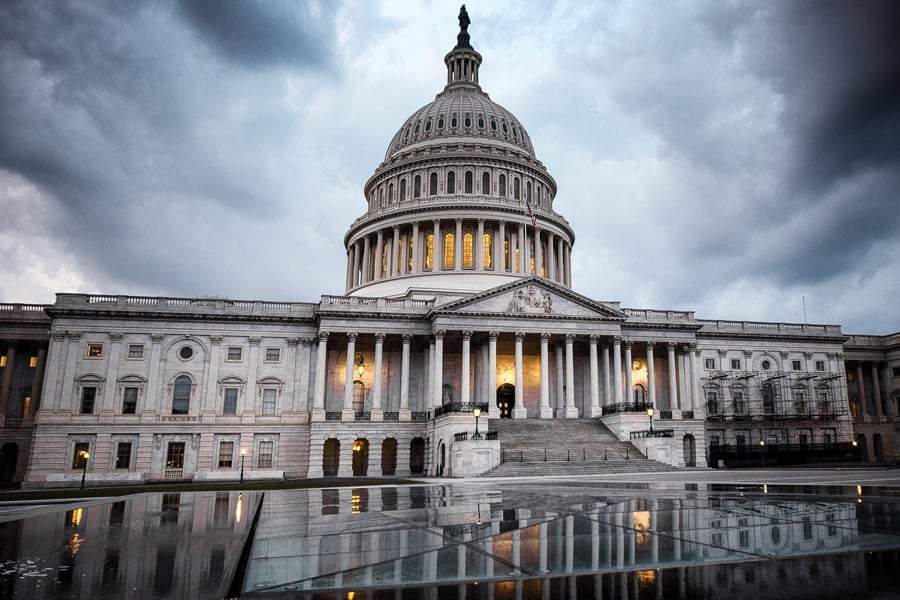Advocates for prohibiting mandatory arbitration for investment disputes say House passage of arbitration legislation Friday gives the issue momentum even though the bill faces long odds of becoming law.
The House approved the
Forced Arbitration Injustice Repeal Act, or Fair Act, largely
along party lines, 225-186. The measure would end predispute arbitration agreements for consumer, employment, antitrust or civil rights claims and includes language covering "securities or other investments."
The bill would affect mandatory arbitration clauses that are in nearly every brokerage contract and increasingly are showing up in advisory contracts. The brokerage disputes are handled through the Financial Industry Regulatory Authority Inc.'s arbitration system.
"If it became law, Finra arbitration would become voluntary," said George Friedman, a former director of Finra arbitration. "Predispute arbitration agreements for investors and industry employees would be void."
But the bill's legislative prospects are limited. It got through the House with the support of only two Republicans. A
companion bill in the Republican-majority Senate has 34 co-sponsors, all of whom are Democrats.
"It's an uphill battle in the Senate," said Mr. Friedman, who runs an eponymous consulting firm and is an adjunct professor at Fordham University.
[Recommended video: Next gen advisers must be more diverse]
Nonetheless, the House vote gives opponents of mandatory arbitration hope.
"It's an important marker for the future," said Micah Hauptman, financial services counsel at the Consumer Federation of America. "It's clear there is strong support for banning forced arbitration and allowing consumers and investors to have their day in court."
House approval of the FAIR Act is believed to be the first time a chamber has passed such legislation.
"It means that on the House side at least, members of Congress understand the issues with forced arbitration clauses," said Christine Lazaro, president of the Public Investors Arbitration Bar Association and a law professor at St. John's University.
Register today for our Future of Financial Advice event on Nov. 20.
During the House debate, Democrats emphasized they were trying to allow consumers their choice of forum to settle disputes. Republicans asserted that the bill would end arbitration, which they praised as cheaper, faster and more effective than the court system.
Passing the measure may require a change in the political makeup of Washington, according to Andrew Stoltmann, a Chicago securities attorney.
The Fair Act "certainly draws a line of demarcation between Democrats and Republicans and the president," Mr. Stoltmann said. "It lays the groundwork for the ban of mandatory arbitration after the 2020 election, if we get a Democratic-controlled Senate and a Democratic White House."
A draft bill that specifically targets securities arbitration, the
Investor Choice Act, has been written by Rep. Bill Foster, D-Ill., but not yet formally introduced. It would prohibit forced arbitration clauses in brokerage and advisory contracts.
"The more bills we can get to move on these issues, the better," Mr. Hauptman said.







